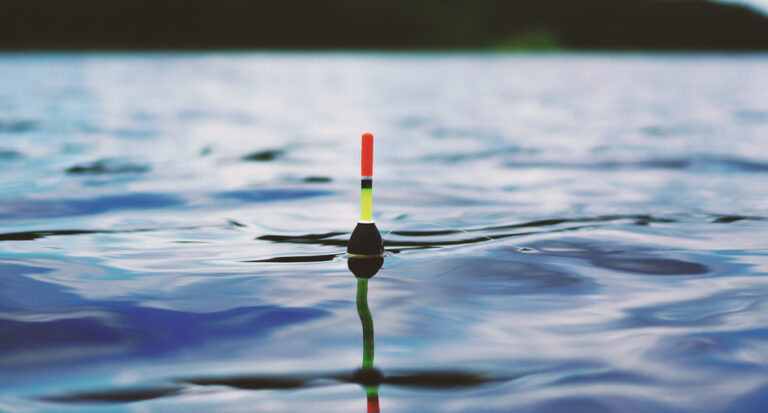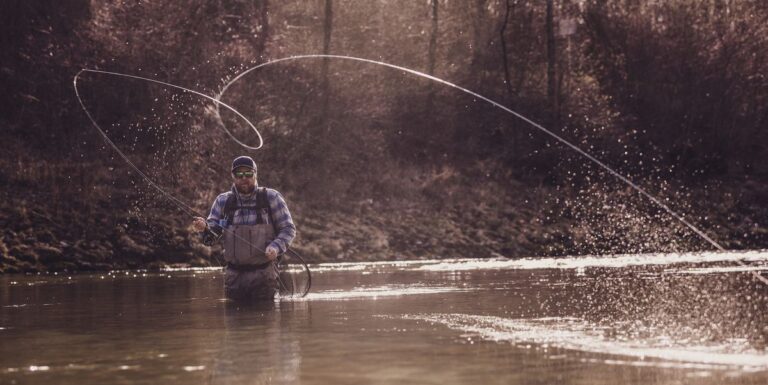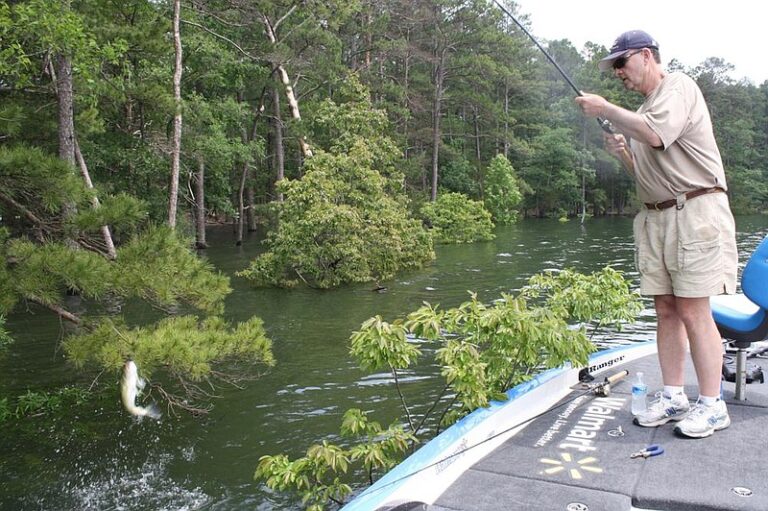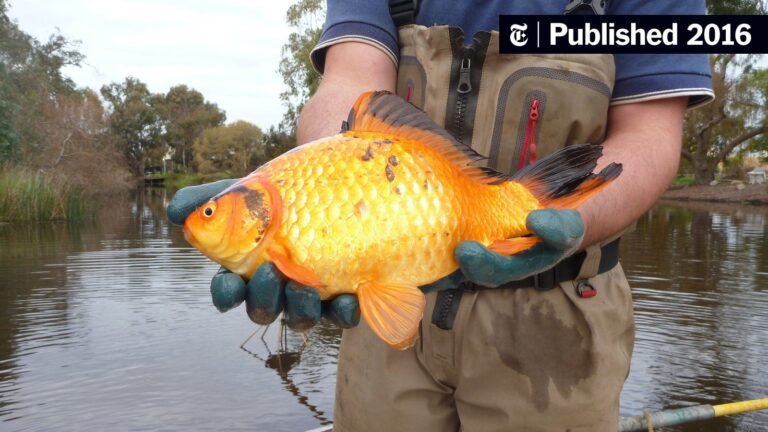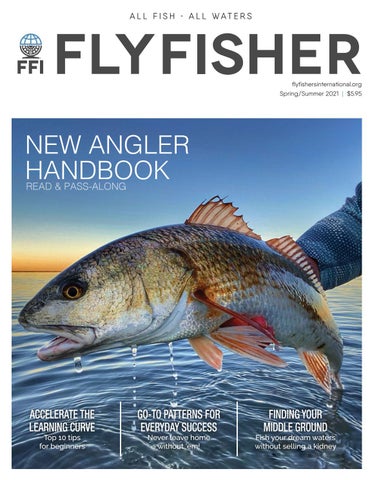To choose the right fishing rod for pond fishing, consider the type of fish you want to catch and the type of bait you’ll be using. A shorter or medium-sized rod with a lighter power rating may be suitable for smaller fish and lighter bait, while a longer and heavier rod with a higher power rating may be more appropriate for larger fish and heavier bait.
Additionally, spinning rods are generally better for beginner anglers, while baitcasting rods require more skill and experience to use effectively. Remember to also consider the material, action, and handle of the fishing rod for maximum comfort and performance.
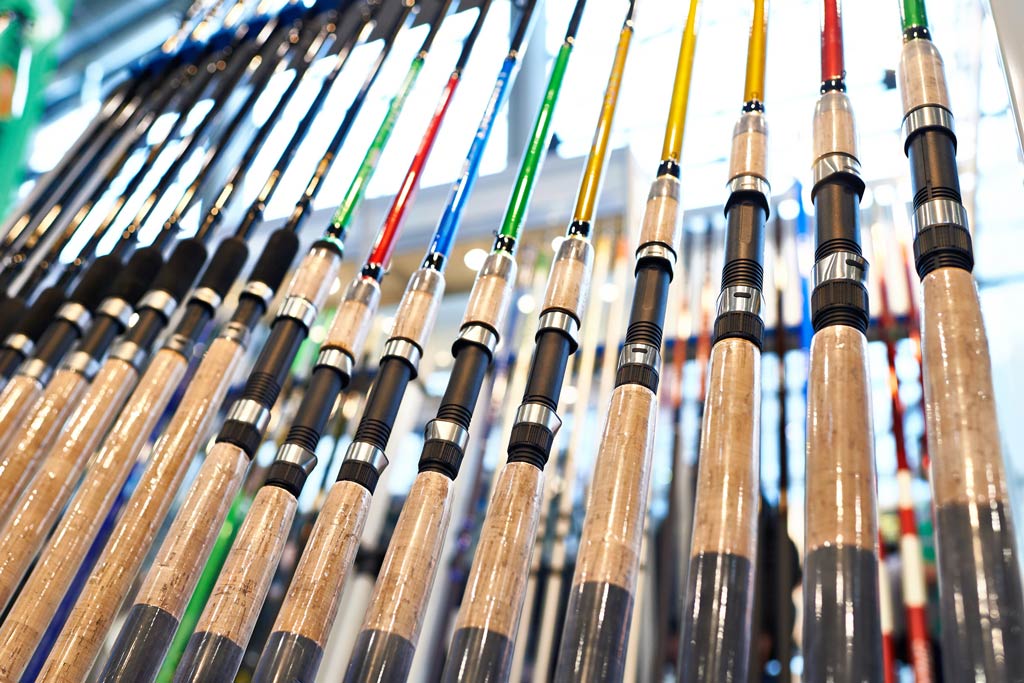
Credit: fishingbooker.com
Understanding Pond Fishing Rods
An Introduction To The Different Types Of Pond Fishing Rods Available In The Market
Pond fishing is an exciting and relaxing pastime that is enjoyed by many. To make your fishing experience as enjoyable and successful as possible, it’s important to select the right fishing rod. There are many different types of pond fishing rods available in the market, each with their own unique features and benefits.
Here’s an introduction to the different types of pond fishing rods available:
- Spincasting rods
- Spinning rods
- Baitcasting rods
- Fly fishing rods
Factors To Consider When Selecting A Pond Fishing Rod
Choosing the right fishing rod for pond fishing requires careful consideration. The following factors should be considered when selecting a pond fishing rod:
- Length: The length of the rod determines how far you can cast and how much control you have over your bait.
- Power: This refers to how much force is required to flex the rod. The power needed is determined by the size and weight of the fish you are targeting.
- Action: This refers to how much the rod bends when pressure is applied. The action of the rod helps to determine the sensitivity and control you have over your catch.
- Material: The material used to construct the rod affects its strength, sensitivity, and flexibility.
How Different Fishing Techniques Require Specific Types Of Rods
Different fishing techniques require specific types of rods to ensure you get the best results. Here are some fishing techniques and the corresponding rods needed for each:
- Casting: Spincasting or baitcasting rods
- Trolling: Heavy-duty rods with strong backbones
- Fly fishing: Specialized fly fishing rods designed to cast light flies over long distances
- Bottom fishing: Spinning rods that are sensitive enough to detect small bites
Remember, selecting the right fishing rod for pond fishing is critical to ensuring a successful and enjoyable experience. Take the time to evaluate the factors mentioned above before making your purchase – it will be worth it in the end!
How To Choose The Perfect Pond Fishing Rod
Understanding Your Personal Preferences And Fishing Style
When it comes to pond fishing, choosing the right fishing rod can make a huge difference in your fishing experience. Everyone has their unique preference and style when it comes to fishing, so it’s essential to consider your needs before making a purchase.
Here are some factors to consider:
- Length: The length of the fishing rod will depend on your preference and style of fishing. A longer rod is better for casting farther and covering more water, while a shorter rod offers better accuracy and control.
- Power and action: Power refers to the rod’s strength, and action is the flexibility. Different power and action combinations are suitable for different fishing styles, so it’s vital to choose one that suits your needs.
- Sensitivity: The sensitivity of the rod is important for feeling the slightest of bites. A sensitive rod allows you to detect movements better, making it easier to catch fish.
Tips For Testing The Performance Of A Fishing Rod Before Purchasing
The best way to determine if a fishing rod is right for you is to test its performance before making a purchase. Here are some tips to keep in mind when examining the performance of a fishing rod:
- Flexibility: Flex the rod, and see how fast it returns to its original position. A good fishing rod will flex and quickly return to its original position.
- Weight: Hold the rod and see how it feels in your hand. The right fishing rod should feel comfortable and not too heavy.
- Casting distance: Test how far the rod can cast by throwing a few practice casts. The distance will vary depending on the rod’s length, style, and weight capacity.
- Sensitivity: Tie a weight to the end of the hook and see how well you can feel when the weight hits the bottom. A more sensitive rod will allow you to feel the weight sooner and more consistently.
Understanding The Importance Of Budget And Making The Best Of What You Have
Before making a purchase, it’s important to keep your budget in mind. Fishing can be an expensive hobby, but it doesn’t have to be. If you’re on a tight budget, you can still make the most of what you have by doing the following:
- Research: Do your research and look for deals. Check online stores, garage sales, or second-hand retailers for affordable fishing rods.
- Second hand: Buying a second-hand fishing rod can be a great way to save money. Often, used rods still have a lot of life left in them, and they come at a fraction of the cost of a new one.
- Accessories: Make the most of your current fishing rod by investing in accessories like new line, reels, or lures. This can significantly improve your fishing experience without having to purchase a new rod.
Remember, the perfect pond fishing rod will vary based on your preferences, budget, and style. By keeping these factors in mind, you can find the right rod for you and enjoy your fishing experience to the fullest.
Maintaining Your Pond Fishing Rod
Fishing in a pond is a relaxing and enjoyable activity for many people. To ensure the best experience, it is important to carefully choose and maintain your fishing gear, especially your fishing rod. In this section, we will explore some tips on maintaining your pond fishing rod to make sure it lasts longer and performs well during your fishing expeditions.
Tips For Keeping Your Fishing Rod Clean And Well-Maintained
Keeping your fishing rod clean and well-maintained not only promotes its longevity but also ensures a better fishing experience. Here are some tips for keeping your fishing rod clean and well-maintained:
- Regular cleaning: Clean your fishing rod after every use to prevent dirt and debris from accumulating on it. Use a soft cloth to wipe it down gently.
- Use a protective cover: Invest in a protective cover for your fishing rod. This will protect it from scratches, dings, and other types of damage.
- Avoid extreme temperatures: Avoid exposing your fishing rod to extreme temperatures, whether hot or cold, as this could lead to damage.
- Replace worn-out parts: Regularly check your fishing rod for any broken or worn-out parts and replace them as soon as possible.
The Importance Of Storing Your Fishing Gear Properly To Avoid Damage And Prolong Its Lifespan
Proper storage of your fishing gear is important in avoiding damage and prolonging its lifespan. Below are some tips for storing your fishing gear properly:
- Store your gear in a dry place: Always store your fishing gear in a dry place away from humidity and moisture to prevent damage.
- Avoid direct sunlight: Avoid storing your fishing gear in direct sunlight, as this could cause fading and damage to the components.
- Use a fishing rod rack: Use a fishing rod rack to store your fishing rod and keep it organized. This will prevent it from being damaged by other items in storage.
- Loosen the tension on the fishing line: Loosening the tension on your fishing line after every use will help prolong the lifespan of your fishing rod.
How To Identify And Address Common Issues That May Arise With Your Fishing Rod
It is essential to identify and address common issues with your fishing rod to ensure optimal performance. Below are some common issues that may arise and how to address them:
- Bent rod: A bent fishing rod can be caused by incorrect assembly or hooking onto a fish that’s too big for the rod. Avoiding these two scenarios can help stop your fishing rod from bending.
- Broken rod: A broken fishing rod could be caused by excessive force or a manufacturing defect. If your fishing rod breaks, it’s best to replace it.
- Line tangle or snag: Check for line tangling or snagging around the guides of your fishing rod, as this can cause damage. Remove any tangles using a soft cloth or other tools.
Proper maintenance of your pond fishing rod is essential for ensuring a better fishing experience. Keep your fishing rod clean, store it properly, and address any common issues that arise. Happy fishing!
Conclusion
Choosing the right fishing rod for pond fishing is all about understanding the species you’re targeting, the type of bait you’re using, and your personal preferences. Whether you’re seeking out bass, panfish, or catfish, selecting a rod with the appropriate power, action, and length is critical for achieving success.
When it comes to power, consider the size and strength of the fish you’re after. As for action, faster rods are better for lures, while slower ones are ideal for live bait. Finally, when it comes to length, longer rods will offer you more control and sensitivity.
By taking these factors into account, you can choose a fishing rod that is perfect for catching fish in a pond. So, next time you head out to your favorite spot, make sure you have the right gear for the job and watch your catches grow!

